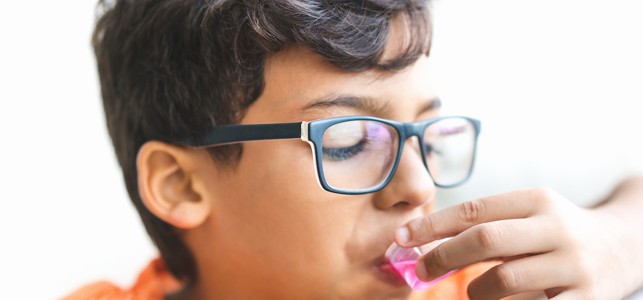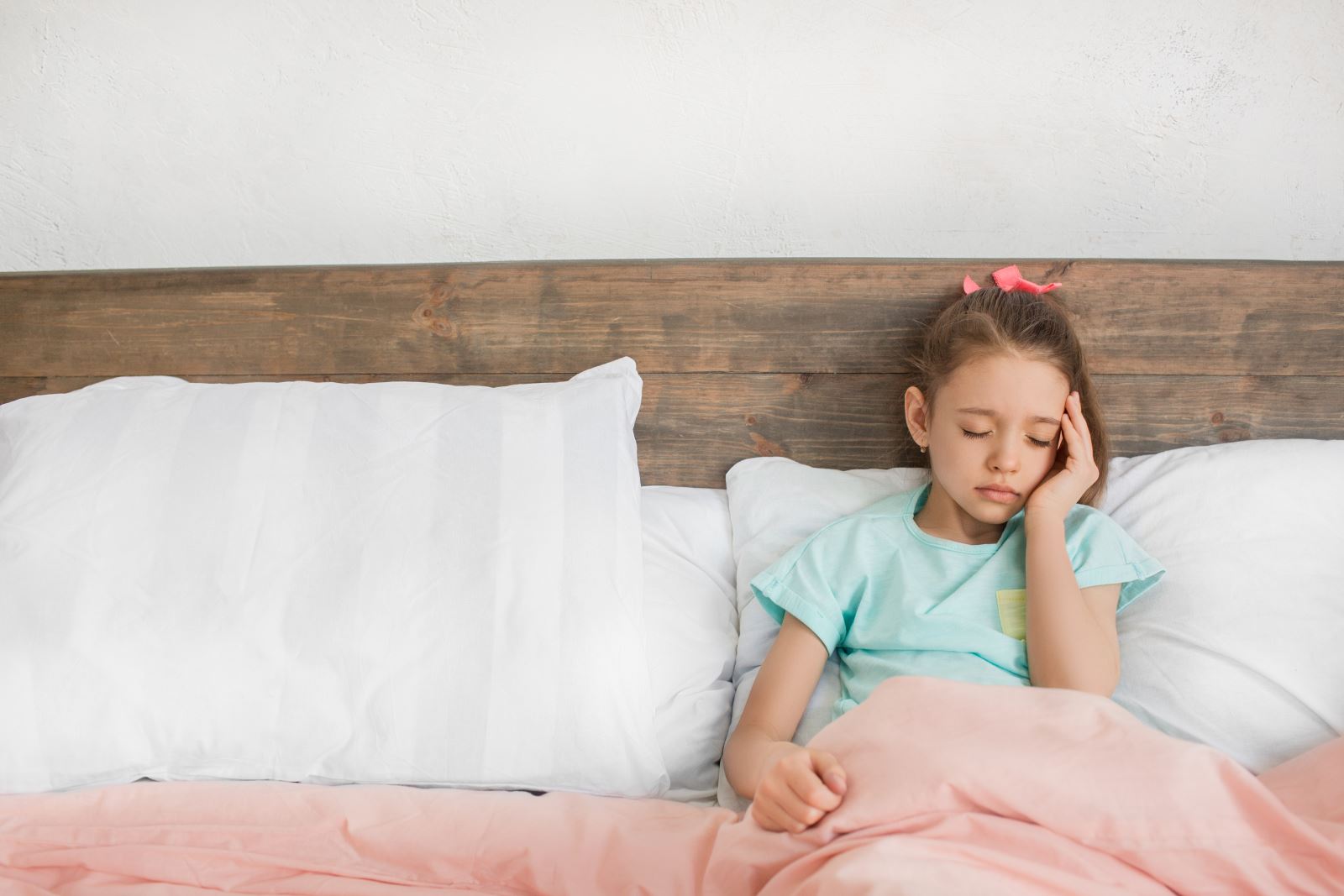
Kids’ headaches are often under-recognized and undertreated, impacting school, activity and overall health.
Similar to adults, children can have headaches that range from occasional and minor, to daily and severe.
Dr. Sanjai Rao, board certified headache specialist and child neurologist, explains what causes headaches in kids and adolescents, and how to help.
Why headaches are happening
While headaches often run in families, no one gene has been directly associated with all headaches. They’re often due to many factors. Just like adults, a child’s headaches can be caused by:
- Not drinking enough water
- Drinking too much caffeine
- Skipping meals
- Too little sleep
- Neck and/or eye strain from electronic devices
- Weather changes
- Stress
Hormones sometimes play a role after onset of puberty. Certain foods/dyes can also trigger headaches in some people, but this is surprisingly uncommon.
When to call the doctor for your child’s headaches
Most headaches aren’t a cause for alarm, but some conditions that cause headaches require timely medical attention.
In general, it’s a good idea to notify your child’s doctor as soon as you feel there is a pattern of headaches developing. You should also let the doctor know if the headaches:
- Occur with increasing frequency/severity
- Occur with persistent vomiting or visual changes
- Occur with enough intensity to wake your child from sleep
- Are associated with weakness or loss of sensation
- Interfere with your child’s ability to function (at school or home)
- Are accompanied by a change in your child’s personality or behavior
*Seek urgent medical attention if your child’s headaches are associated with paralysis, numbness or loss of speech.
How to help address and relieve headache pain
 The most common types of headaches in kids and adolescents are migraines and tension headaches. It’s helpful to keep track of your child’s headaches with a headache diary. Include information such as:
The most common types of headaches in kids and adolescents are migraines and tension headaches. It’s helpful to keep track of your child’s headaches with a headache diary. Include information such as:
- Date/time
- Severity
- Description (sharp, dull, throbbing, etc.)
- Duration
- Location on head (front, back or sides)
- Alleviating factors
- Associated symptoms (light or sound sensitivity, upset stomach, nausea, vomiting, etc.)
This information will help your child’s doctor determine the type of headache, best treatment options, and if further testing or a referral to a headache specialist is needed.
Use caution with medication
It’s normal to want to ease your child’s pain however possible, but be careful using over-the-counter medications like ibuprofen, aspirin or acetaminophen. Too frequent usage and incorrect dosing of these medicines can sometimes make headaches more frequent or cause additional side effects. Discuss the appropriate dosage of any medications, including ones obtained over-the-counter, with your child’s doctor.
It is also helpful to discuss seeing a child neurologist with your child’s pediatrician or primary care provider if their headaches are frequent and not responding to treatment. The vast majority of children with headaches do not need to see a headache specialist, however, this should be considered if they’re already seeing a neurologist but their headaches are not adequately controlled.
What to expect from the headache specialists at CHoR
Families seen in the headache clinic can expect to be educated on evidence-based medication and non-medication interventions proven to prevent and reduce headaches in children. Dr. Rao, along with Erica Mitchell, FNP and Jennessa Snyder, RN, will provide recommendations on which rescue medication is most age-appropriate to stop your child’s headaches. They’ll also review the timing and appropriateness of starting a daily preventive medication during your child’s initial evaluation.
Unfortunately, there are times when standard rescue and preventive medications fail to improve a child’s headaches. In many other hospitals, a child would need to go to the emergency room to receive intravenous medications to stop these severe headaches –we can provide this in our pediatric infusion unit at the outpatient Children’s Pavilion.
When medically appropriate, Dr. Rao can also provide headache-specific procedures such as nerve blocks to try to stop an acute headache and BOTOX for the long-term prevention of particularly difficult to treat headaches.
